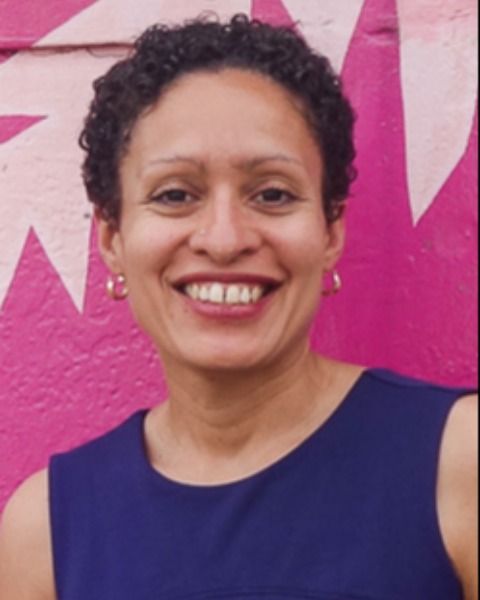Update on Adolescent Addiction Medicine | Lisa Fortuna, MD
This presentation is part of the 2020 State of the Art in Addiction Medicine conference which covers an expansion of treatment into correctional health, hospital consultation services and emergency rooms. It will cover how, despite the pandemic, telehealth can reach those who are isolated. It will address the worrisome trends in fentanyl, methamphetamine, tobacco and benzodiazepines use; legalization of cannabis, treatment updates for youth, cannabis and alcohol in pregnant women; and novel treatments such as non-benzodiazepines for alcohol withdrawal and psychedelics for substance use disorders.
Learners cannot sign up for individual lectures, only for the full 2020 State of the Art in Addiction Medicine. Please contact CSAM ([email protected]) if you have any questions about this online educational offering.
Target Audience
Addiction medicine specialists who want an overview of the latest developments in the field and their relevance to clinical practice
- Primary care, psychiatry and other specialty field clinicians who want a better understanding of addiction and to improve their care of patients with unhealthy substance use
- Public policy makers, administrators and advocates who want an understanding of the current state of the field of addiction and its grater implications including towards prevention, access to care, integrated systems of care and healthcare technology
- Other healthcare professionals, including psychologists, therapists, nurses, and addiction counselors, who are involved in the treatment of patients with or at risk of substance use
Learning Objectives
- Upon completion, participants should be able to articulate how adolescent religiosity and spirituality are multidimensional phenomenon
- Describe how religiosity and spirituality and their intersection with other factors such as adversity, gender, culture , sexuality and family relationships influence risk, treatment and recovery from substance use disorders
- Differentiate how religious and spiritual diversity can each impact upon adolescents’ response to 12 -step recovery programs
- Integrate a multidimensional and developmentally appropriate model of religiosity and spirituality into clinical practice with adolescents
 Lisa R. Fortuna, MD
Lisa R. Fortuna, MD
Lisa Fortuna, MD, MPH, M.Div is Associate Professor of Clinical Psychiatry and Behavioral Sciences at UCSF and the Chief of Psychiatry and Vice-Chair at Zuckerberg San Francisco General Hospital. She is Board Certified in Psychiatry, Child and Adolescent Psychiatry and Addiction Medicine. She is also an ordained minister in the Episcopal Church USA. Her areas of expertise include child and adolescent psychiatry, Posttraumatic Stress Disorder, substance use Ddisorders in adolescents, spirituality and religion in mental health, and intervention research with immigrant, Latino and other communities of color. She has been an investigator on several NIH studies and published several articles in these areas of her expertise. Her book, Mindfulness-Based CBT for Adolescent PTSD and Addictions, was published by New Harbinger Press in October 2015 and is a product of a five-year National Institute of Drug Abuse K23 Patient Centered Research Career Development Award, during which she developed and tested an integrated intervention for adolescents with co-occurring posttraumatic stress and substance use disorders. She was the recipient of The Rev. Canon Frederick B. Williams Prize in Pastoral Theology for ministry with communities of color from the Episcopal Divinity School (2012) and the Religion and Health Fellowship Award from Boston University School of Theology and School of Medicine (2015).
DISCLOSURE: No relevant financial relationships to disclose
CSAM
The California Society of Addiction Medicine (CSAM) is accredited by the California Medical Association to provide continuing medical education for physicians. CSAM takes responsibility for the content, quality and scientific integrity of this CME activity.
CSAM designates this live educational activity for a maximum of 0.75 AMA PRA Category 1 Credits™, Physicians should only claim credit commensurate with the extent of their participation in the activity.
Continuing education credit is available for psychologists, therapists, substance use counselors, nurses and physician assistants.
(see additional information on page for parent course)
Available Credit
- 0.75 AMA Category 1
- 0.75 Attendance

 Facebook
Facebook X
X LinkedIn
LinkedIn Forward
Forward